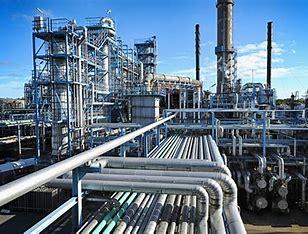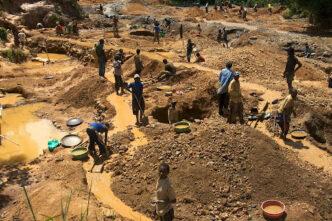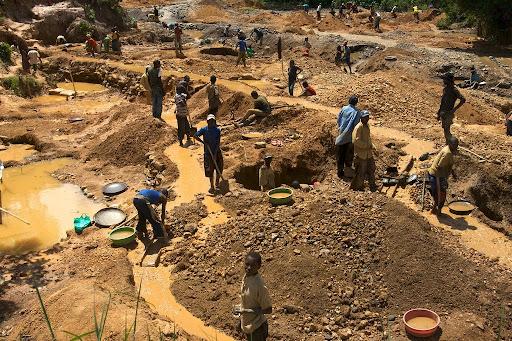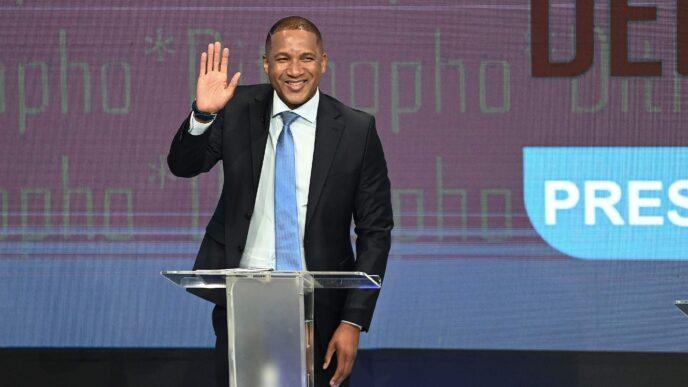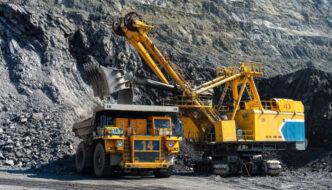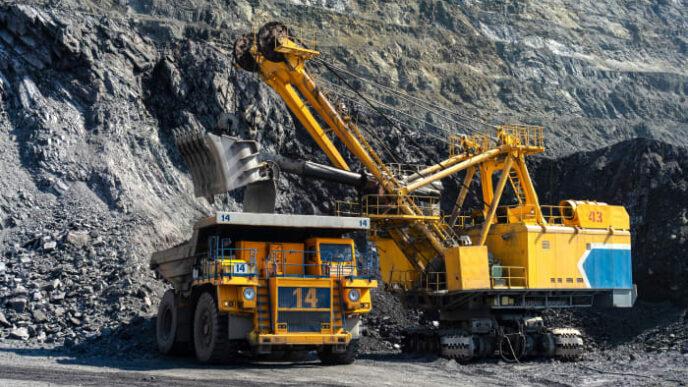The Nigerian National Petroleum Company Limited (NNPCL) has officially ceased its importation of refined petroleum products, now sourcing exclusively from domestic producers, notably the Dangote Petroleum Refinery. This landmark shift, announced by NNPC’s Group Chief Executive Officer Mele Kyari, could significantly ease Nigeria’s foreign exchange demands and reduce the country’s dependency on imported fuel.
Speaking on Monday at the Nigerian Association of Petroleum Explorationists (NAPE) conference in Lagos, Kyari detailed this transition as part of a broader strategy to address the nation’s “energy trilemma” — balancing energy security, sustainable growth, and affordability. Themed “Resolving the Nigerian Energy Trilemma,” the conference offered a platform to discuss pressing issues in Nigeria’s energy sector.
This move follows President Bola Tinubu’s recent remarks in August, where he revealed that Nigeria had been spending an average of N2 trillion monthly on fuel imports, amounting to an extraordinary N24 trillion annually. Tinubu also emphasized that the shift towards Compressed Natural Gas (CNG) as an alternative fuel source could save the country over N2 trillion each month, freeing up resources for critical sectors such as healthcare and education.
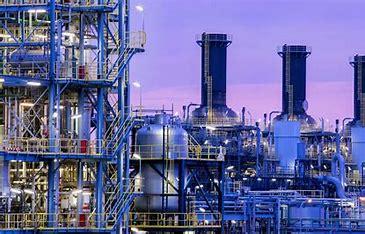
Domestic Fuel Sourcing to Lower Costs and Strengthen Naira
Kyari confirmed that the NNPC, for the first time in years, no longer imports fuel, stating, “Today, NNPC does not import any product; we are taking only from domestic refineries.” Despite criticisms from some petroleum marketers, who argue they could import fuel at lower prices than the Dangote refinery’s rates, Kyari defended the decision, noting that NNPC is a stakeholder in the Dangote refinery and has made a strategic choice to source locally.
Responding to allegations that the NNPC was blocking other marketers from accessing products from the Dangote refinery, Kyari stated that all qualified marketers now have direct access to the refinery’s supplies. He added, “We are very proud part-owners of Dangote refinery… we saw an opportunity to secure a market for at least 300,000 barrels of our production, and we believe this is a wise business decision.”
Impact on Nigerian Crude and Global Market Position
Kyari highlighted the unique value of Nigerian crude oil, comparing it to “Lamborghini fuel” due to its high quality and premium pricing. He explained that while blending Nigerian crude with lower-grade fuels can reduce processing costs, some refineries avoid Nigerian crude to minimize expenses. “We are already doing everything possible to maximize our domestic crude processing,” Kyari said, addressing the need for Nigeria to retain more value from its resources.
This change also signals a broader energy transition, as Kyari outlined plans for the NNPC to add 12 CNG mother stations by the first quarter of 2025. Additionally, he confirmed the development of a mini-Liquefied Natural Gas (LNG) plant to supply gas to the power sector and boost energy accessibility across Nigeria.
Debt Settlement with International Partners
Kyari revealed that the NNPC has fully settled a longstanding $2.4 billion debt to international oil companies. This debt, initially part of a larger $4.68 billion in “cash calls” owed to joint venture partners like Mobil, Chevron, Shell, TotalEnergies, and Agip, has hampered the NNPC’s ability to focus on its core activities. Kyari attributed the debt clearance to the government’s subsidy removal, allowing NNPC to redirect funds previously earmarked for subsidies toward settling its commitments.
“The subsidy distraction is gone,” Kyari declared. “We now have the resources to meet our cash calls and ensure sustained production.” This achievement marks a pivotal moment in Nigeria’s efforts to attract new investments to its oil and gas sector.
Energy Security and the Path Forward
Kyari also addressed the broader issue of energy security, pointing out that while fuel availability remains a priority, energy access gaps persist. Over 50% of Nigerians lack reliable electricity, and over 70% do not have access to clean, affordable fuel. He called for targeted investments to bridge these gaps, acknowledging that “NNPC is left with the responsibility of making energy accessible to the domestic market.”
Moving forward, Kyari assured that the NNPC’s commitment to local sourcing would stabilize Nigeria’s currency and help control inflation by reducing reliance on foreign currency. As he concluded, “We are working jointly with the government to manage prices while ensuring the country’s energy needs are met. Significant progress has been made, and we are confident that domestic refining will become the bedrock of Nigeria’s energy sector.”
What are your thoughts on Nigeria’s drive to localize fuel sourcing? Could this be the solution to Nigeria’s energy and financial challenges, or will new issues arise from this transition?
